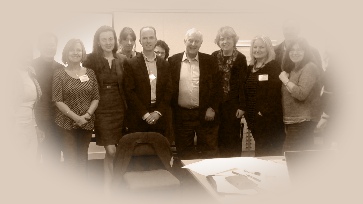


Designing Communication
Blending effective professional communication practices
with exceptional client care






Different choices; different outcomes
Client Care and Professional Communication: implications for vocational and professional adult education and training

This research reports on written communications negotiating the early stages of client professional relationships and the matters to be resolved. It extrapolates out findings as recommendations which serve as detailed curricula for professional client communication development. These integrate the framing of a client in reference to pertinent features of a situation, assessment of risk, agency and action and the relationship established between client and professional.
The register and genre analysis utilises Systemic Functional Linguistics, while models of discourse analysis interpret the results. Seven Social Stages of a Client Communication are extrapolated, and include functional content and associated language features which provide exceptional client care. These pedagogical meta-
The study and findings are located within their underpinning theoretical frameworks, discussed in detail and recommendations drawn out



“Current teacher training theory in vocational adult education debates on what comprises the 'tacit' (Loo, 2014) nature of effective teaching practice in conjoining vocational or professional expertise with meta-









Exemplars
Exemplar client communications with attention to the features which ensure they anticipate and respond to client care
| Seven Social Stages |
| Short Exemplar |
| Long Exemplar |
| Presentation |